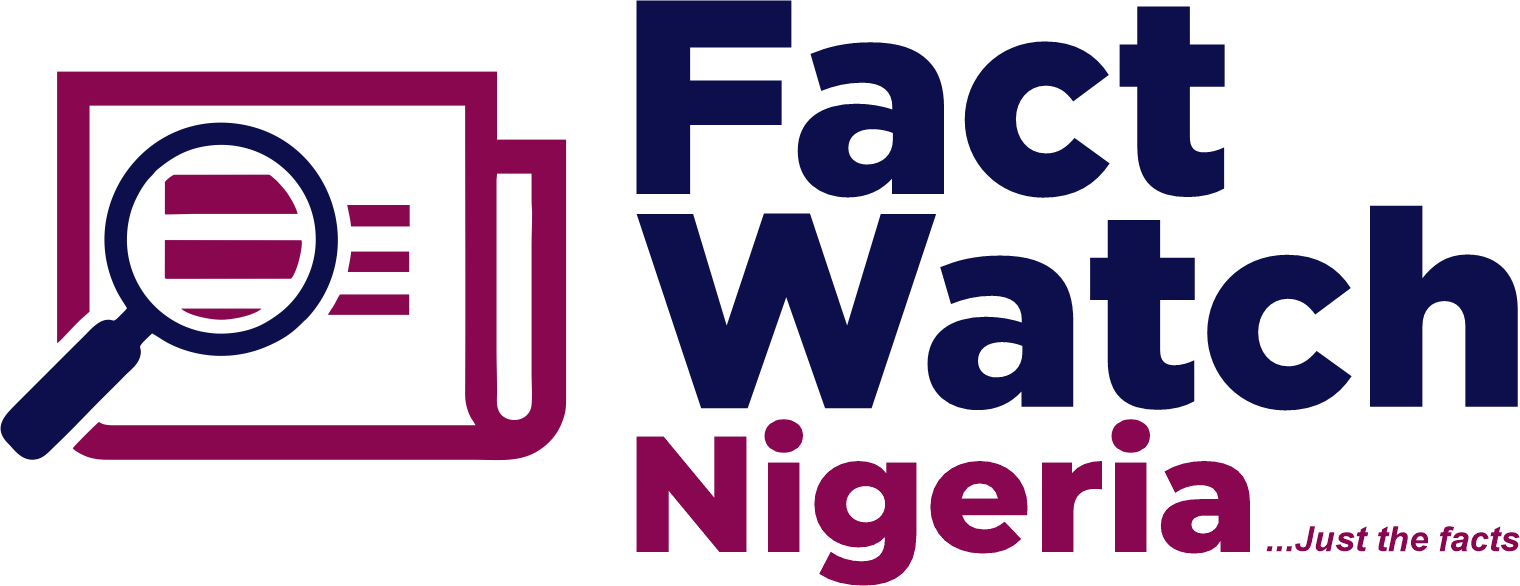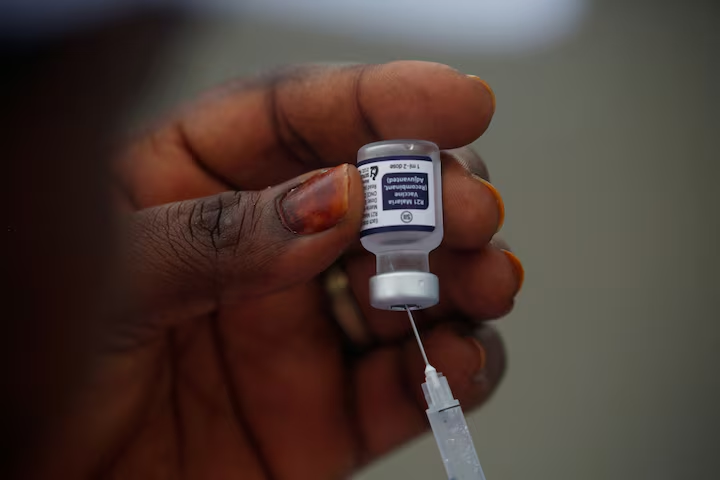The Federal Government has approved a new National Policy on Health Workforce Migration.
Disclosing this on Monday through a post on X, the Minister of Health, Ali Pate, reaffirmed the government’s commitment to tackling the challenges surrounding healthcare human resources in the country.
He said President Bola Tinubu presided over the Federal Executive Council meeting at the Presidential Villa in Abuja, where the policy was approved.
Medical Doctors Leaving Nigeria
The year 2022 represents the peak of the migration of medical doctors with over 3000 doctors requesting for letter of good standing from the MDCN. As of December 2022, the United Kingdom is the destination for 68% of Nigeria’s medical and dental professionals who migrated out of Nigeria through MDCN. Other countries of destinations are Canada (10%), USA (7%), UAE (5%), Australia (3%), Ireland (3%), Saudi Arabia (1%) and Maldives (1%) (Note that this figure does not represent the total migration of medical and dental professionals but only those that informed MDCN about their migration). 89% of all external migrants indicated that their reasons for external migration are for professional practice.
About This New Policy
This policy is comprehensive strategy to manage, harness, and reverse health worker migration. It envisions a thriving workforce that is well-supported, adequately rewarded, and optimally utilized to meet the healthcare needs of all Nigerians. Key aspects of the policy include:
Nigeria human health resource program–
The policy introduces the Nigeria Human Health Resource Program, which will ensure regular reviews of working conditions for health workers, especially in rural and underserved areas. This initiative aims to enhance job satisfaction and retain top talent within the country.
“By fostering an environment conducive to professional growth, we hope to retain our best talents and ensure they are well-recognized,” Pate added.
Advancing health technologies-
A significant aspect of the policy is its focus on integrating advanced health technologies, including Electronic Medical Records (EMR), telehealth services, and a comprehensive Health Workforce Registry.
“This policy marks a significant step towards a more efficient, data-driven health system,” Pate emphasized.
Capacity building–
Capacity building is another core component of the policy, which supports continuous professional development through international training opportunities and strategic partnerships.
“Investing in our healthcare professionals is crucial for maintaining and improving our health sector,” Pate remarked.
Encouraging diaspora return–
The policy also aims encourage Nigerian healthcare professionals living abroad to return to the country. It describes how the policy will simplify the registration process and offer incentives to make returning more attractive. The goal is to reintegrate these professionals into Nigeria’s healthcare system to address existing gaps.
“We are keen to leverage the expertise of our diaspora to bridge gaps within our health system,” the Minister said.
Reciprocal agreements–
This is the policy’s strategy to establish agreements with other countries regarding the exchange of healthcare professionals. It explains that these agreements will protect Nigeria’s interests while ensuring that the rights of healthcare workers are respected. The proposed 1:1 match for training aims to balance the exchange and benefit Nigeria’s healthcare sector.
“These agreements are designed to protect national interests while respecting the rights of our healthcare professionals,” Pate explained.
Supportive work environment–
Recognizing the need for a supportive work environment, the policy includes provisions for routine health checks, mental well-being support, and reasonable working hours, particularly for younger doctors.
“Creating a supportive work environment is essential for reducing burnout and improving job satisfaction,” Pate concluded.






